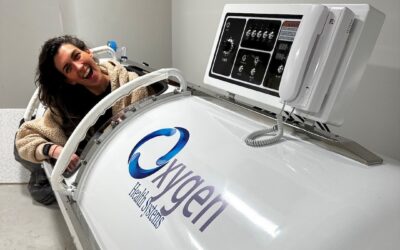As physicians we have entered an era of impersonal care and have moved as far away from building relationships with our patients as possible. “Health provider extenders” such as physician assistants and nurse practitioners more and more are seeing patients on the very first visit. While this model may work for a surgical office where the primary role of the initial encounter is to establish if the patient is an appropriate candidate for surgery, it falls flat in the offices of other physicians where a decade of doctor’s medical training is being traded in for two years of physician assistant ‘s education in the prescription of the plan of care for that patient.
As part of my new venture into concierge medicine, I have been immersing myself into readings about holistic and integrative medicine. In the book Integrative Medicine, by David Rakel, the first three chapters are spent introducing the reader to the art of the interview and the “healing encounter”. As I was analyzing the first three chapters, I found that I immensely enjoyed reading them. After thinking about this some more, I realized, with some unease that this exact information was presented to me in my first medical school year. These were the very foundations of the medical practice: how to interview the patient, how to establish the trust needed to provide care needed, and how to provide an environment needed for healing. Essentially these factors can be summarized into a relationship building skill set. I was almost ashamed to admit that my pleasure in reading these chapters was the pleasure of revisiting something very basic and familiar, and yet some how remote and nearly forgotten. It was the pleasure of nostalgia! Imagine, nostalgia for reading about the most essential, the most basic foundations of medical education. Shouldn’t this be a daily presence, a part of every encounter, every interview I conduct with my patients? As hard as I wanted to answer “yes” to these questions, I instead found myself answering with “sometimes”. In my defense, and defense of all physicians at large, I propose that these basic skills so crucial to good medicine have been beaten out of us in the name of higher productivity and compliance with Medicare and health insurance imposed metrics that are ultimately meaningless to the patient encounter.
Now that I exposed the elephant in the room, here are my New Year resolutions: I’m going back to basics of providing good medicine. I have left my current position as a principal partner in a large, busy rehabilitation group so that I can provide relationship based care. The care that is focused on each patient as an individual with unique needs and issues. In the Integrative Medicine model, there is a concept of Salutogenesis, which loosely translates as the creation of health. This is what I aim to do, create health and not just treat symptoms. I will integrate care that listens to the mind and body, paying attention to the nutrition, mental wellbeing, and physical health and offer services that will address these aspects.
I will read between the lines and look to treat preventively.
In the process of Salutogenesis for my patients I will also look out for my own.
In this insurance controlled healthcare age, the stress level created by health insurance imposition endangers the wellness of the physicians and their patients alike. The saying, physician heal thyself, has never rang more true! And so, I will keep insurance companies out of my relationship with my patients and recapture the joy of taking the time to help my patients heal themselves and in the process heal myself as well.
Dr Leonard Kaplan




